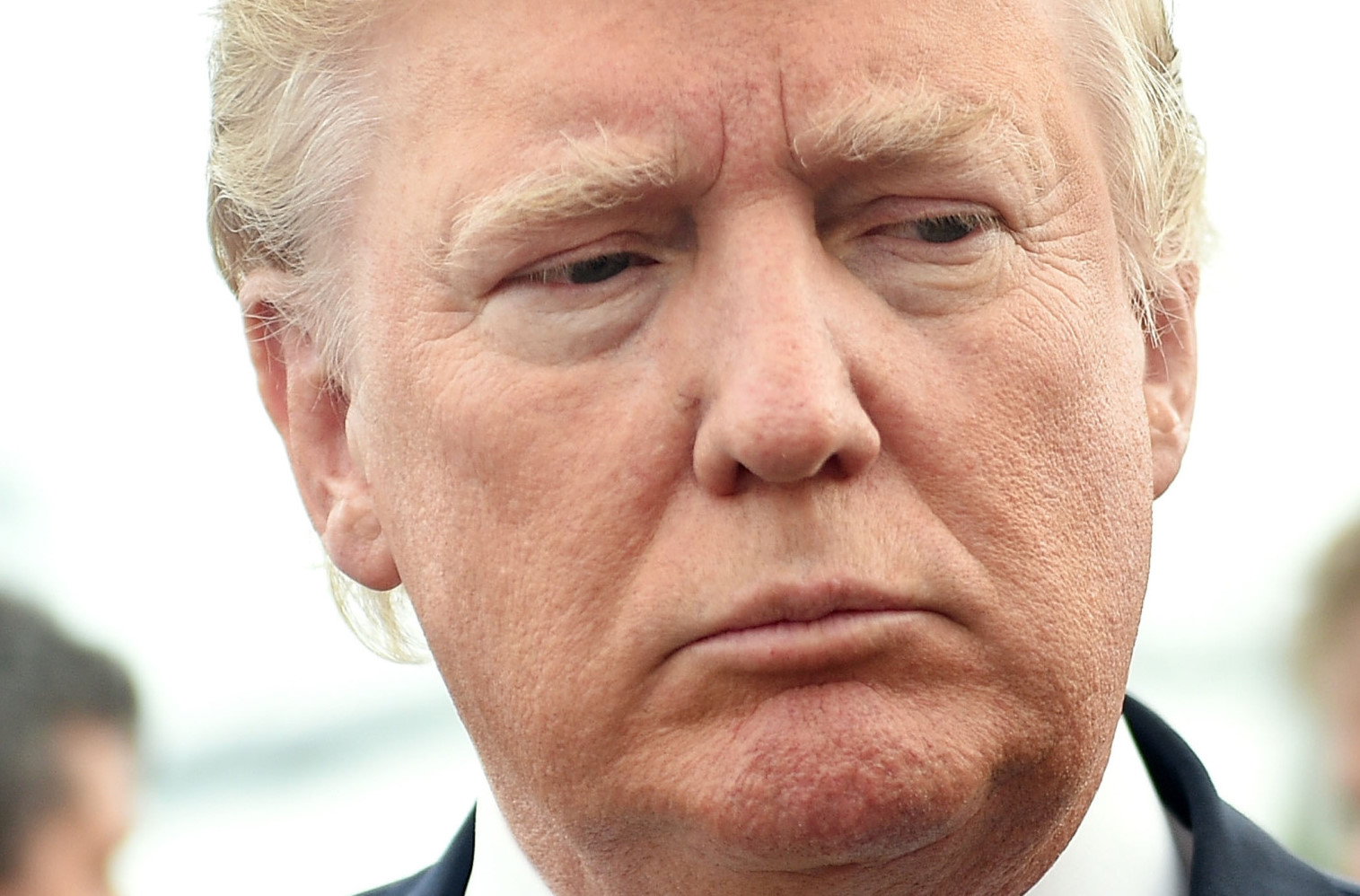Auto border tax to also hit Canada
 |
| Trump means business. A record 94 million Americans are not in the labor force. When President Obama took office in January 2009, 80 million Americans were not participating in the labor force; since then, 14 million Americans have left the workforce because they cannot find work |
The Trump administration is signaling Canada could face the same retaliatory trade measures as Mexico, in what would be an even bigger disruption to automakers such as Toyota Motor Corp. and Fiat Chrysler Automobiles.
Asked whether an auto border tax could impact Canada, President-elect Donald Trump's spokesman, Sean Spicer, told reporters their policy isn't specific to any one country. "When a company that's in the U.S. moves to a place, whether it's Canada or Mexico, or any other country seeking to put U.S. workers at a disadvantage," Spicer said on a conference call Friday, then Trump "is going to do everything he can to deter that."
Any move to thwart imports from Canada would be a more severe impediment to the North American auto sector than sanctions against Mexico, since the industry's links with the U.S.'s northern neighbor run deeper. Assembly in Canada, which along with the U.S. is a higher-cost producer than Mexico, is also focused on the more profitable and faster growing light-truck and sports vehicle segment of the market.
"Canada is building a lot of vehicles that are in demand," said Kevin Tynan, a senior auto analyst for Bloomberg Intelligence.
Back and forth
Through October, the U.S. imported $37 billion worth of passenger cars from Canada last year, a 12 percent increase, according to Bloomberg Intelligence. That compares with $19 billion in imports from Mexico, which have been on the decline.
Automakers such as Ford Motor Co. often ship parts back and forth across the border to factories in Ontario, and made commitments to invest in Canada earlier this year while finishing union contract negotiations.
Border taxes would hurt both nations, according to Linda Hasenfratz, CEO of Guelph, Ontario-based auto-parts maker Linamar Corp. "We are trying to be globally competitive" in North America against overseas rivals, she said Wednesday on Bloomberg TV Canada. The industry is "intertwined" with "parts going back across the border multiple times."
The auto industry is global in nature and all vehicles contain a percentage of non-domestic content, Toyota Motor Corp. spokesman Aaron Fowles said in an emailed statement. This type of tax will have an impact on every part and product that is imported to the U.S., which means that prices for all vehicle makes will increase, according to the statement.
Trudeau reaction
While Canadian policy makers have already begun worrying how Trump policies will factor into their economic forecasts, Prime Minister Justin Trudeau's government has sought to get ahead of any potential trade disputes, pledging to work with the new administration and even renegotiate the North American Free Trade Agreement. This week, he confirmed his officials have met with Trump's team to boost trade ties. The Canadian government also doesn't lose any opportunities to highlight that its trade with the U.S. is near balance.
The U.S. rang up a $9.1 billion merchandise trade deficit with Canada through November of last year, lagging the Mexican shortfall of $58.8 billion. Mexico has also moved ahead of Canada as a supplier of products to the U.S. in recent years on the strength of growing investments in auto factories there.
Up to now it's worked, with the president-elect focusing most of his calls for fair trade on Mexico and China. Spicer's comments represent the first major broadside from Trump's office against Canada, which generates $541 billion worth of annual trade with the U.S.
"It's not so much a target at one particular country or one particular industry," Spicer said.
Earlier this week, Montreal-based National Bank Financial estimated a 10 percent tax on goods crossing the American border would knock 9 percent off the value of Canada's exports there.
"We need to represent Canada, represent Canadians, represent our interests in all of our discussions around the world and that is exactly what we'll look to do with the incoming administration," Canadian Finance Minister Bill Morneau told reporters before Spicer spoke, when asked about the threat of a border tax. Toluse Olorunnipa, Greg Quinn and Shannon Pettypiece/Bloomberg via AutoNews
